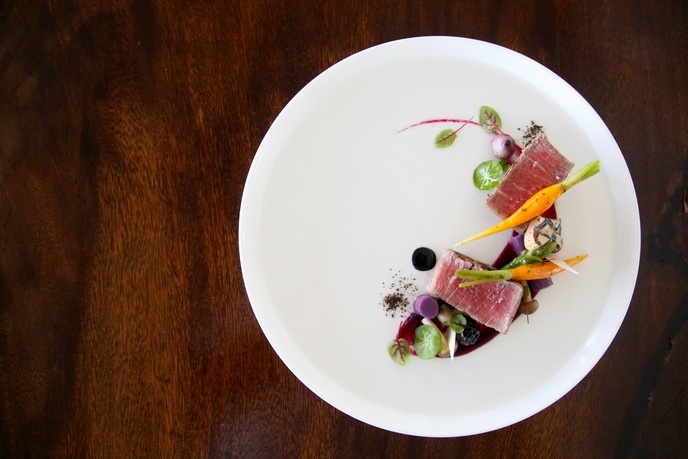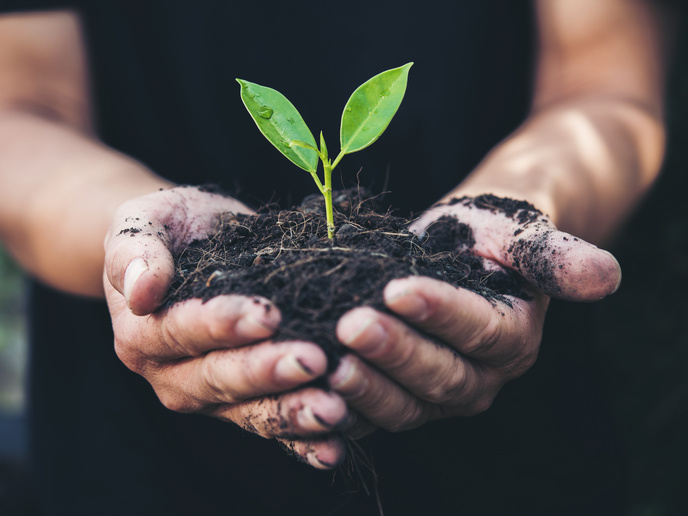Strategies for promoting gastronomy across Europe
Linking food and gastronomy to sustainable development requires input from multiple disciplines given the multifunctional nature of food. With a Marie Sklodowska-Curie individual fellowship grant, the EU-funded FOODEV (Food and Gastronomy as leverage for local development) project implemented an interdisciplinary approach to determine the conditions that favour building on local features. “Our key objective was to identify successful sustainable development strategies based on food and gastronomy in different European regions,″ explains project coordinator Prof. Tommy Andersson. FOODEV carried out a multidisciplinary literature review across three main research areas – agriculture and rural studies, place marketing and branding, and food tourism – to identify the core of food and gastronomy potential for sustainable development of the places. Partners selected and analysed common, recurrent and significant local food and gastronomy resources. The rationale was to identify the resources and actors supporting the development strategies in different regions and determine how they were interrelated. Apart from reducing fragmentation across research areas, the analysis offered a resource-based interpretation of food and gastronomy potential for sustainable place development. Moreover, FOODEV partners performed a survey on EU-funded projects with in-depth interviews with project coordinators to investigate project sustainability. A case study approach FOODEV investigated bottom-up community development in Italy by analysing long-term cooperation between local stakeholders and universities. “This case study emphasised the role universities might have in supporting grassroots multi-stakeholder networks,″ outlines Dr Chiara Rinaldi the leading researcher of the project. The persistence of individuals and their ability to self-diagnose problems, to critically reflect on issues and support local assets was paramount for success in this particular case study. In Sweden, project partners investigated how medium-level organisations are able to negotiate at global and regional level, and across different stakeholders with diverse needs and objectives. They demonstrated that cooperation among engaged individuals across different organisations was key to realising sustainable place development. Furthermore, FOODEV results showed that to ensure strategy success, to achieve place distinctiveness and attractiveness, locations must be linked with culture. Project activities ensured a systematic understanding of multiple issues and problems within each sector and how they interrelate. “Paramount to sustainable development is knowledge transfer; FOODEV envisions a network where knowledge, learning and innovation can be shared,″ states Prof. Andersson. Closing the research and innovation gap through translational research approaches and maximising researchers’ contributions will enhance development in the food sector. FOODEV analysis through the lens of sustainable local development is expected to impact wider audiences. Resource mapping will support stakeholders’ understanding of local available resources and enable policymakers to formulate policies and integrated approaches for development. Project results will be presented at the ‘Tomorrow’s Food Travel (TFT)’ conference that will be held at the University of Gothenburg in October 2018. The research on food and gastronomy for sustainable place development is continuing with the new project ‘FOODbiz – University and business learning for new employability paths in food and gastronomy’ coordinated by the University of Macerata in Italy, and involving the University of Gothenburg in Sweden as well as one Erasmus+ initiative of the Partnership for Higher Education among six EU countries.
Keywords
FOODEV, food, gastronomy, resources, place development







